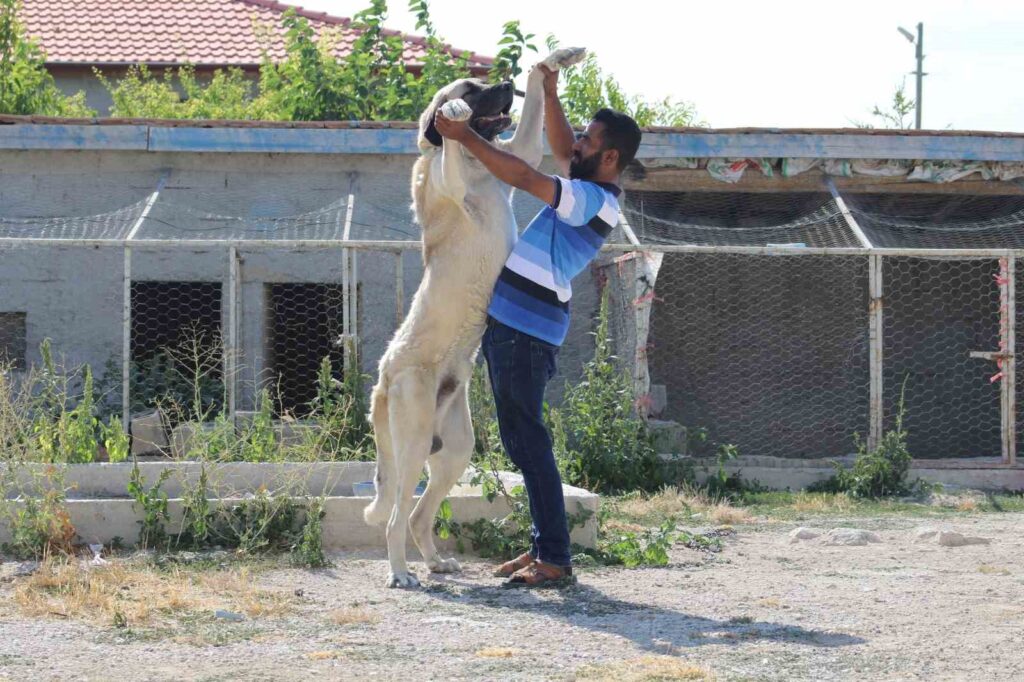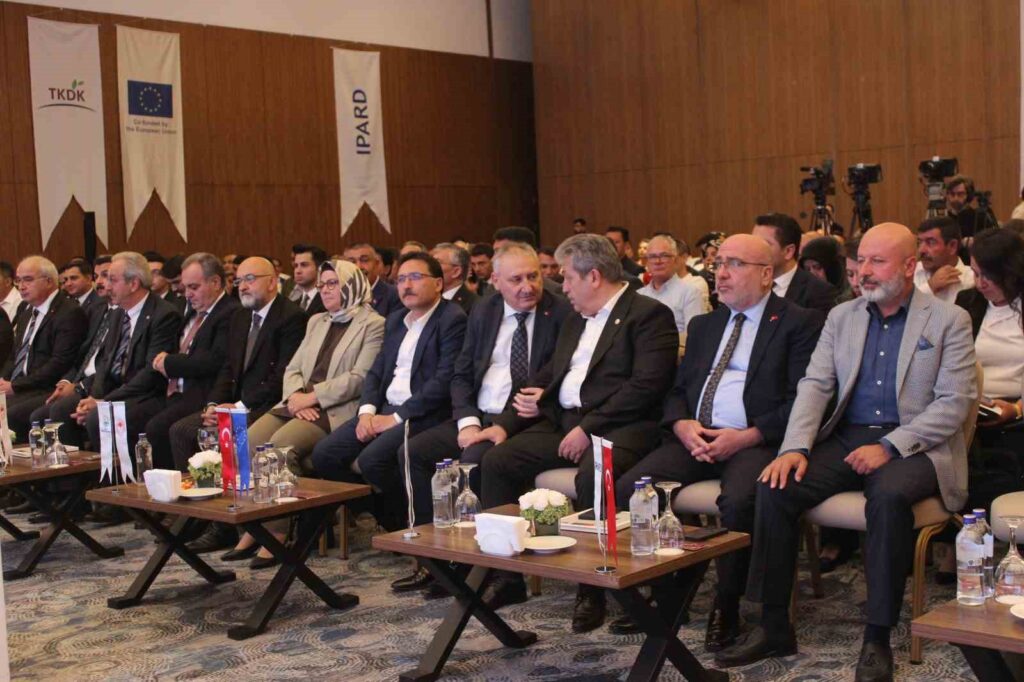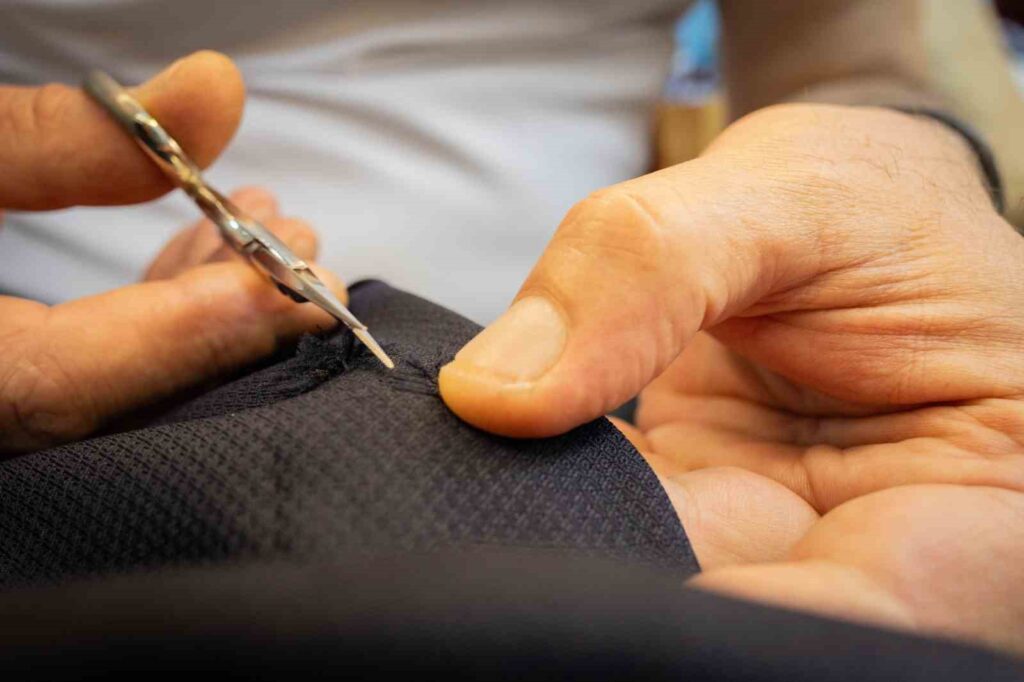A Lifetime Devoted to the Profession of Tin Smithing
In Havra Street, a historic street in Izmir, Sakıp Taş, a tinplate master who has been practicing his father’s profession for 60 years, expressed his concern about the lack of apprentices and the increasing popularity of plastic products. ’50-60 years ago, there were various craftsmen here, tinplate workers…

In Havra Street, a historic street in Izmir, Sakıp Taş, a tin master who has been practicing his father’s profession for 60 years, complained about the inability to find apprentices and the prevalence of plastic products. Taş, who said ‘There used to be various craftsmen here, there were tin masters’ and added ‘I have a son, but they are doing another job. We will spend a little more time here and then leave.’
Sakıp Taş, a 60-year-old tin master practicing his father’s profession in Havra Street, a historic street in Konak district of Izmir, is one of the last representatives of his profession in the city. Despite his advanced age, Taş opens his shop every day and practices the tinwork profession, which is at risk of disappearing over time. He is also one of the oldest craftsmen in historic Havra Street.
‘I am the only one left here’ Smiling and practicing his work with the experience gained over the years, 68-year-old Sakıp Taş said, ’50-60 years ago, there were various craftsmen here, there were tin masters. Some retired, some passed away, some sold their shops. I am the only one left here. I served my father for 50 years, I grew up by his side. I have been doing this job here for about 60 years.’
‘Eighty percent of this street used to be tin masters’ Taş, pointing out that there are no more jobs as before, said, ’60-70 years ago, eighty percent of this street was tin masters. Those people used to work until midnight or 1 a.m. back then. There was no plastic at that time. All tubs, boilers, buckets, graters, chicken feeders were made of galvanized metal. Now plastic emerged. A person says ‘You make it here for 100 liras, he takes it for 25.’ Friends prefer that to buy cheap. Curious people sometimes come once every month or two to buy these as galvanized.’
‘We will spend a little more time here and then leave’ Complaining about not being able to find an apprentice, Sakıp Taş, a tin master of years, said, ‘In the past, during school holidays, each tin master had 3-4 apprentices. Mothers used to come here so that children would not play on the street, not spoil their manners, and acquire a profession. Those mothers used to come and say, ‘Master, let my child come to you during school holidays and learn something, acquire a profession, art.’ But not anymore. The child’s mother would say ‘I will provide his meal, we do not ask for weekly payment.’ Now a 16-18 year old comes and says ‘Master, do you need an apprentice?’ I say yes, he comes and sits down. A child who does not know the profession says ‘Master, how much will you pay me weekly?’ I say I will provide your lunch, I will arrange your insurance, and I will pay you 300 liras a week. Because you come here to learn a profession. ‘Master, 300 is not enough’ he says. I say I will pay you 400 liras ‘you will pay a thousand or fifteen hundred weekly’ he says. Son, you are not a foreman, you are an apprentice. How can I pay you a thousand, a thousand five hundred weekly. When you learn the profession and become a foreman, if you work here, I will pay you a thousand liras, two thousand liras. I have sons, but they are doing other jobs. We will spend a little more time here and then leave.’
‘I wish these professions did not die’ Mustafa Yıldırım (45), who came to tin master Sakıp Taş for a soldering process, said, ‘Our mother used to light the stove, we would take a bath in these tubs. We hit our heads a lot with these tubs. I used to see the uncle passing by from here. We came here for repair. We are also sad that these professions are dying, but plastic has started to replace everything. Plastic products are more practical, they are made according to the shapes of the cabinets. But this uncle cannot do that. Tin has a certain form and is made accordingly. The new generation is turning to modern professions. These types of professions do not appeal to them.’







